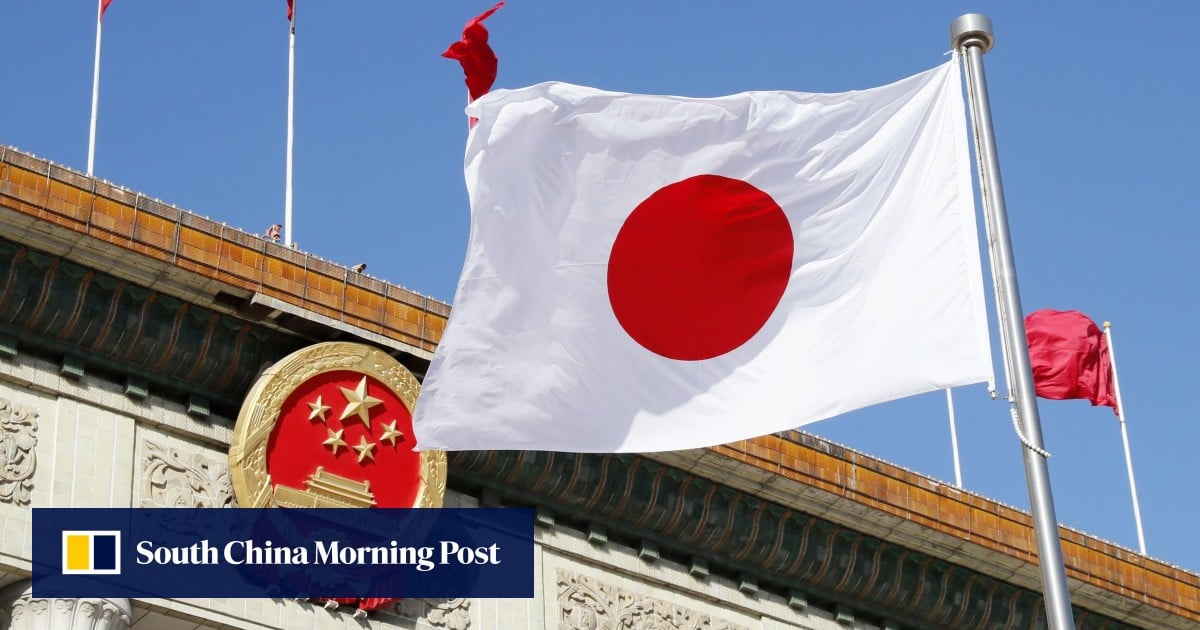Darjeeling Tea Production: Growing Concerns

Table of Contents
The Impact of Climate Change on Darjeeling Tea Production
Climate change is significantly impacting Darjeeling tea production, posing a considerable threat to both the quantity and quality of this prized beverage. Changing weather patterns – erratic rainfall, rising temperatures, and increased frequency of extreme weather events – directly affect tea bush growth, yield, and the overall quality of Darjeeling tea. The delicate ecosystem of the Darjeeling tea gardens is particularly vulnerable to these shifts.
- Reduced tea yields due to unpredictable rainfall: Insufficient or excessive rainfall disrupts the delicate balance needed for optimal tea bush growth, leading to lower yields and impacting the overall production of Darjeeling tea. Farmers are increasingly facing crop failures due to unpredictable weather patterns.
- Increased susceptibility to pests and diseases: Warmer temperatures and altered rainfall patterns create ideal conditions for the proliferation of pests and diseases that damage tea bushes and reduce the quality of tea leaves. This necessitates increased pesticide use, raising further concerns about sustainability and the environmental impact of Darjeeling tea production.
- Changes in the timing and duration of the plucking seasons: The traditional plucking seasons, crucial for harvesting the highest quality leaves, are being disrupted by unpredictable weather, shortening the window for optimal harvests and affecting the overall yield of Darjeeling tea.
- Impact on the unique muscatel flavor profile of Darjeeling tea: Changes in temperature and rainfall patterns can directly affect the chemical composition of the tea leaves, potentially altering the unique muscatel flavor that Darjeeling tea is celebrated for. This change in taste could severely impact the market value of Darjeeling tea. Research is ongoing to understand the precise impact of climate change on the tea's distinctive flavor profile.
Labor Shortages and Aging Workforce in Darjeeling Tea Gardens
The Darjeeling tea industry is grappling with a significant labor shortage, exacerbated by an aging workforce and migration to urban areas. Attracting and retaining skilled tea pluckers is becoming increasingly difficult, threatening the sustainability of tea cultivation. The reasons are multifaceted, including:
- Difficulty finding and retaining skilled tea pluckers: The arduous and often low-paying nature of tea plucking has led younger generations to seek alternative employment opportunities in urban centers. This creates a skills gap within the industry, making it challenging to maintain consistent production quality.
- The impact of an aging workforce on productivity and expertise: The knowledge and expertise required for optimal tea cultivation are primarily held by an aging workforce. As this workforce retires, valuable knowledge and skills risk being lost, potentially impacting the quality and consistency of Darjeeling tea production.
- The need for better wages and working conditions to attract new workers: Improving wages and working conditions is crucial to attracting younger generations to the tea industry. This includes providing better housing, healthcare, and educational opportunities to make the profession more appealing.
- Exploring alternative labor solutions: The industry needs to explore innovative solutions, such as mechanization of certain aspects of tea production, while still maintaining the craftsmanship and quality associated with Darjeeling tea.
Sustainability Concerns and the Future of Darjeeling Tea
The long-term viability of Darjeeling tea production is intrinsically linked to sustainable practices. The industry must embrace environmentally friendly methods to ensure the health of the tea gardens and the economic well-being of the people who depend on them.
- The rising demand for organic and ethically sourced Darjeeling tea: Consumers are increasingly conscious of sustainability and ethical sourcing, creating a growing demand for organically grown and ethically produced Darjeeling tea.
- The importance of reducing pesticide use and promoting biodiversity: Over-reliance on pesticides harms the environment and the health of tea workers. Sustainable practices emphasize reducing pesticide use and promoting biodiversity within the tea gardens.
- Implementing water-efficient irrigation techniques: Water scarcity is a growing concern in the region. Implementing water-efficient irrigation techniques is crucial for responsible water management and sustainable tea production.
- The economic benefits of sustainable farming practices: Sustainable practices not only benefit the environment but also contribute to the long-term economic viability of the Darjeeling tea industry by attracting environmentally conscious consumers and securing fair trade opportunities.
The Economic Impact of Declining Darjeeling Tea Production
A decline in Darjeeling tea production has far-reaching economic consequences. The livelihoods of thousands of people directly and indirectly dependent on the tea industry are at stake. This includes farmers, tea pluckers, factory workers, and those involved in processing and exporting the tea. The impact extends beyond individual livelihoods to the regional economy as well.
- Reduced revenue for tea estates and farmers.
- Increased poverty and unemployment in the region.
- Negative impact on the export market and the reputation of Darjeeling tea globally.
- The need for economic diversification to reduce reliance on a single crop.
Conclusion
This article highlighted the significant challenges facing Darjeeling tea production, including climate change, labor shortages, and the need for sustainable practices. These concerns pose a serious threat to the future of this iconic tea and the livelihoods of those who depend on it. The preservation of Darjeeling tea requires immediate and concerted action. By supporting sustainable Darjeeling tea producers, advocating for fair labor practices, and understanding the impact of climate change, we can help secure the future of this beloved beverage and its rich cultural heritage. Let's work together to safeguard the future of Darjeeling tea production, ensuring this exquisite tea continues to thrive for generations to come.

Featured Posts
-
 White House Meeting Mark Carney Set To Discuss Key Issues With Trump
May 04, 2025
White House Meeting Mark Carney Set To Discuss Key Issues With Trump
May 04, 2025 -
 The Future Of Electric Motors Diversifying Supply Chains Beyond China
May 04, 2025
The Future Of Electric Motors Diversifying Supply Chains Beyond China
May 04, 2025 -
 Spotify I Phone App Enhanced Payment Flexibility
May 04, 2025
Spotify I Phone App Enhanced Payment Flexibility
May 04, 2025 -
 Carneys First Press Conference A New Era Of Economic Policy
May 04, 2025
Carneys First Press Conference A New Era Of Economic Policy
May 04, 2025 -
 Understanding The Low Adoption Rate Of 10 Year Mortgages In Canada
May 04, 2025
Understanding The Low Adoption Rate Of 10 Year Mortgages In Canada
May 04, 2025
